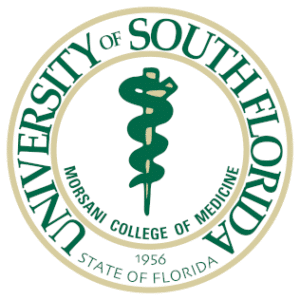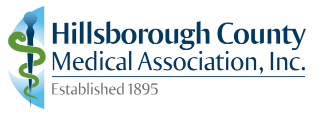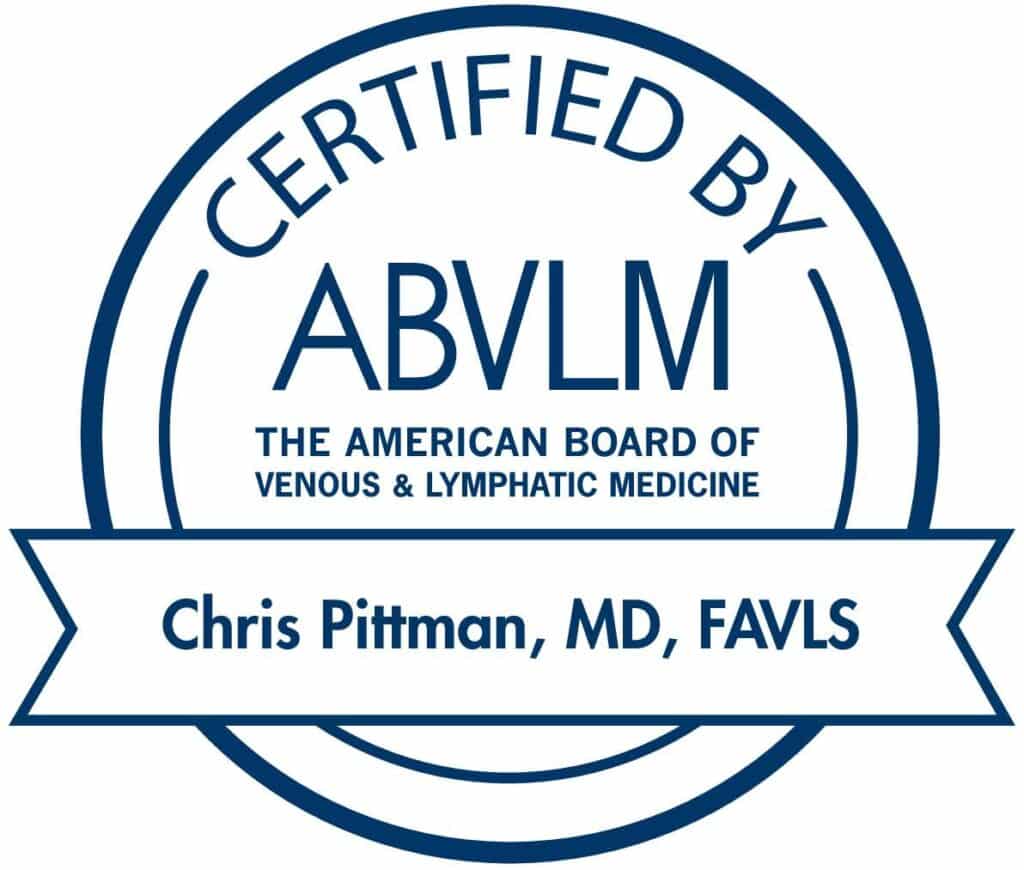Did you know that varicose veins that develop during pregnancy should not be treated immediately following childbirth? Varicose veins related to pregnancy will often shrink several weeks following pregnancy.
If varicose veins are still present 3 months after delivery, they are unlikely to go away. The risk, pain and discomfort of varicose veins increases after each subsequent pregnancy as veins become larger and vein valves fail to function normally. The good news for moms is that varicose veins are easy to treat and the procedure is typically covered by insurance. Unlike past medical advice, there is no medical reason to wait until you have had all your children to eliminate the pain and and discomfort of varicose veins. Learn more about pregnancy veins here or call Vein911® Vein Treatment Centers today to schedule a consultation.
Vein911® Vein Treatment Centers For life’s little and not-so-little vein emergencies
www.Vein911.com
1-855-VEIN-911











